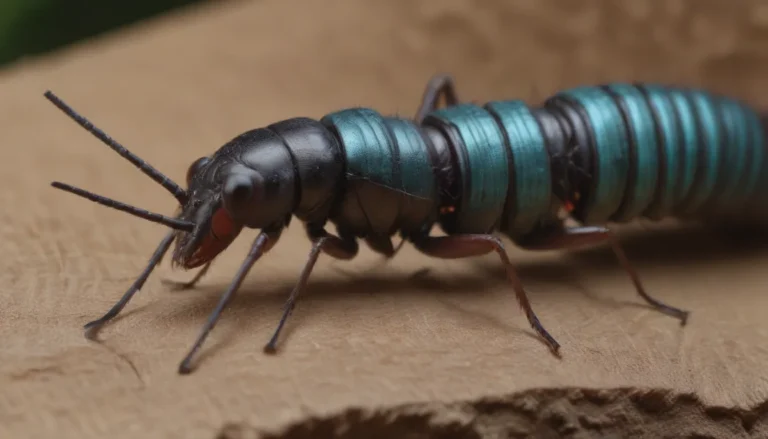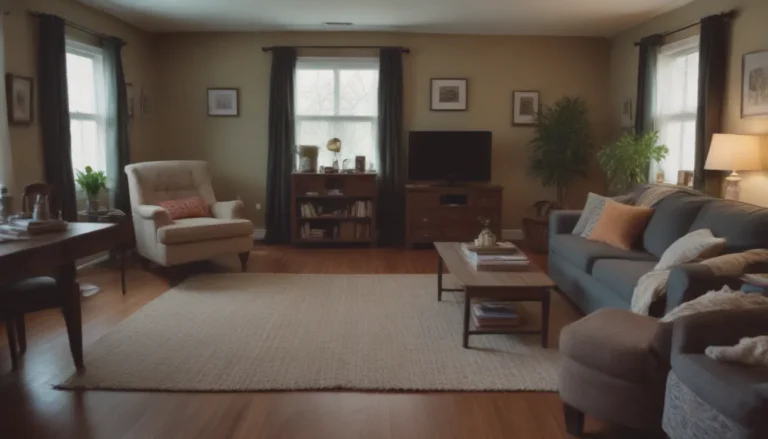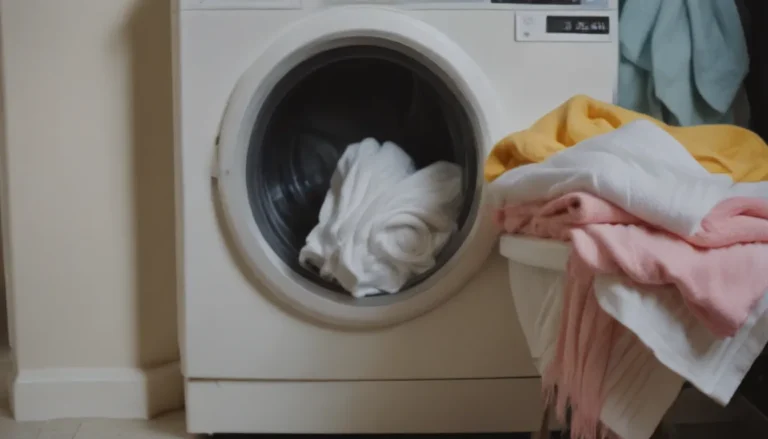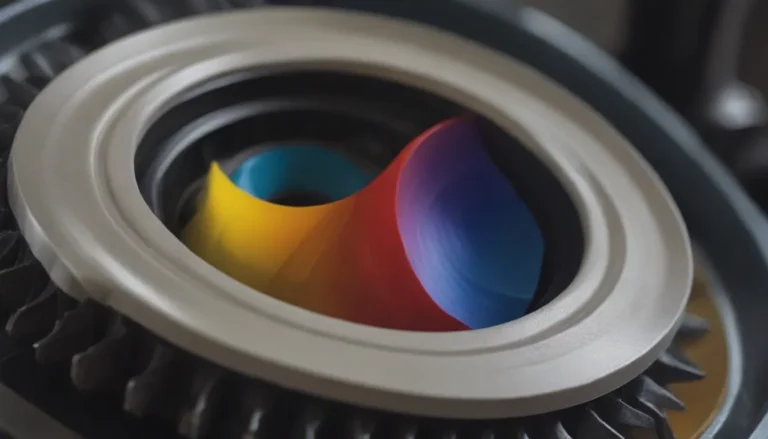Dealing with Rusty Water Laundry Issues
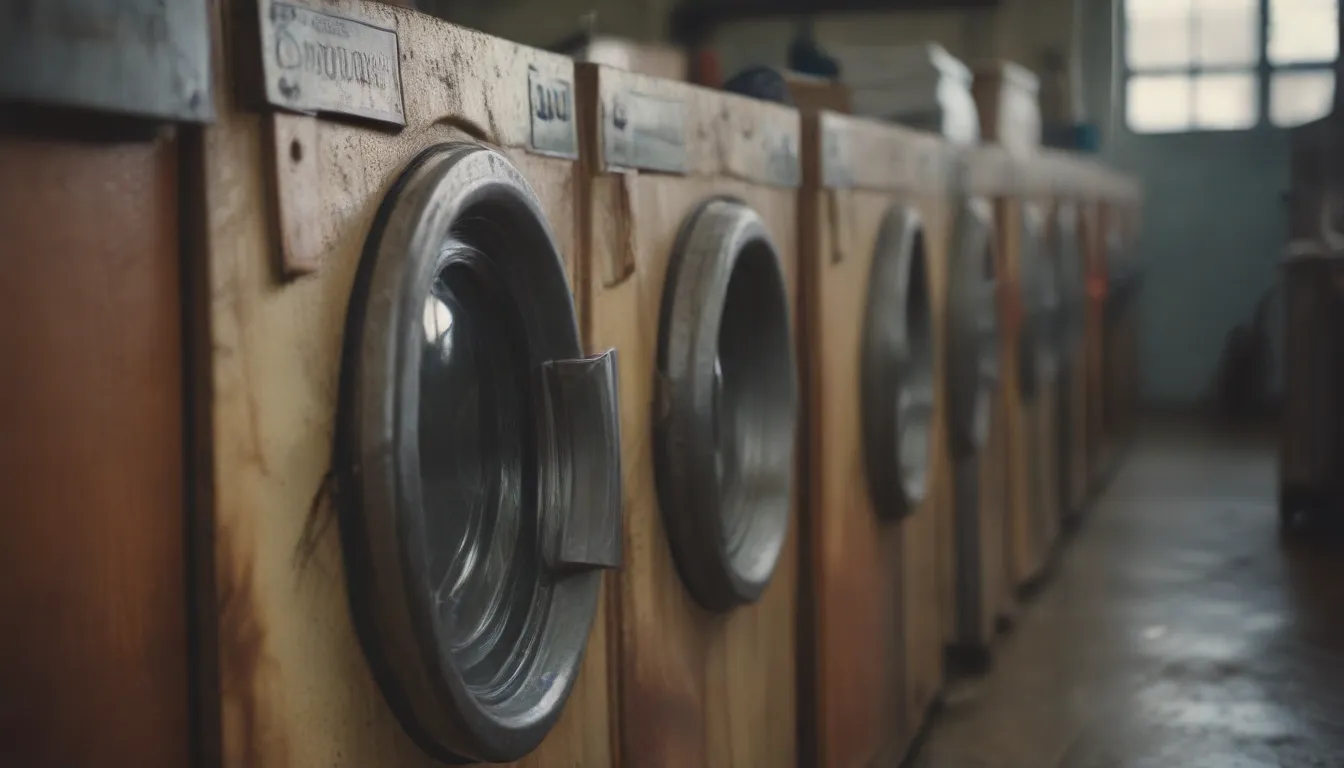
If you’ve ever experienced mysterious stains on your clothes after washing them, it could be due to having rusty water. Rusty water contains high levels of iron which can leave yellow, red, or brown spots on fabrics, turn white clothes yellow, and make all clothes feel stiff. While rusty water is often associated with inground home wells, even some municipal water systems can have high iron content due to old cast iron pipes that are corroding. The presence of rusty or red water can be caused by water sources rich in iron bacteria, resulting in ugly discoloration and stains on various surfaces, including laundry. This article will delve into the signs of rusty water laundry problems, offer solutions to deal with them, and provide tips on getting rid of rusty water in your home.
Signs of Rusty or Red Water Laundry Problems
Rusty water can wreak havoc on your laundry and create an unpleasant washing experience. Some common signs of rusty water laundry problems include:
- Yellow, red, or brown spots on clothes after washing
- White clothes turning yellow
- Fabrics feeling stiff and unpleasant
If you notice any of these signs, it’s essential to take action to resolve the issue and prevent further damage to your clothes.
How to Fix Rusty Water Laundry Problems
If you’re struggling with rusty water issues in your laundry, there are a few solutions you can try to improve the quality of your wash.
1. Use Non-Precipitating Packaged Water Softener
If you can’t pass the rusty water through a water softener or other filtration system, using a non-precipitating packaged water softener can help improve laundry results. These products, usually containing phosphate, should be used along with heavy-duty laundry detergent in both the wash and rinse cycles to prevent rust stains on fabrics.
2. Remove Rust Stains from Clothes
To remove existing rust stains from white and colorfast fabrics, consider using a commercial rust remover following the product directions. It’s crucial to add an extra rinse cycle to ensure all traces of the rust remover are completely washed out.
Warning: Rust remover compounds contain acid, which can be toxic if ingested. Follow the manufacturer’s instructions carefully, rinse the clothes thoroughly after treatment, and avoid putting stained clothes in the dryer as heat can set the stain permanently.
3. Eco-Friendly Rust Removal Methods
For a more economical and eco-friendly rust removal method, try sprinkling salt on the stain and dampening it with lemon juice. Dry the garment in the sun and rinse thoroughly. However, test this method on a hidden area first to avoid potential color changes.
4. Consider Using Distilled Water
If you’re treating a special garment or item with rust stains, hand washing the item using distilled water is a good choice until the rusty water problem in your home is resolved.
How to Get Rid of Rusty Water
Resolving a rusty water problem requires a thorough inspection of your home plumbing system and possible replacement of rusty components. Here are steps you can take to get rid of rusty water:
1. Inspect Plumbing System
Check your water heater, pipes, and storage containers for rust buildup, which could be leaching iron into your water. Consider replacing any rusty components to eliminate the source of the problem.
2. Have Your Water Tested
Talk to your neighbors to see if they’re experiencing similar rusty water issues. Consider having your water tested by a local water municipality or using a water testing kit to determine the iron content in your water.
3. Install Water Treatment Systems
Based on the results of your water test, you may need to install water treatment systems to remove iron from your water. Options include mechanical water softeners, phosphate feeder systems, green sand filters, oxidizing filters, and chlorination/filtration systems.
Tip: It’s essential to consult with a qualified company to test your water and devise a comprehensive treatment plan tailored to your needs.
4. Chlorination/Filtration System
For high concentrations of iron, a chlorination/filtration system can be effective in treating water before it enters your home’s water lines. This system uses chlorine to kill bacteria and oxidize iron particles, making them easier to remove with a filter.
Always ensure that any water treatment systems are installed correctly and have your water tested regularly to ensure their effectiveness.
Conclusion
Dealing with rusty water laundry problems can be frustrating, but with the right solutions and preventive measures, you can protect your clothes and maintain the quality of your laundry. By understanding the signs of rusty water issues, implementing effective solutions, and taking steps to get rid of rusty water in your home, you can ensure that your laundry remains clean and stain-free. Remember to consult with professionals when needed and always prioritize the safety and quality of your water supply.
